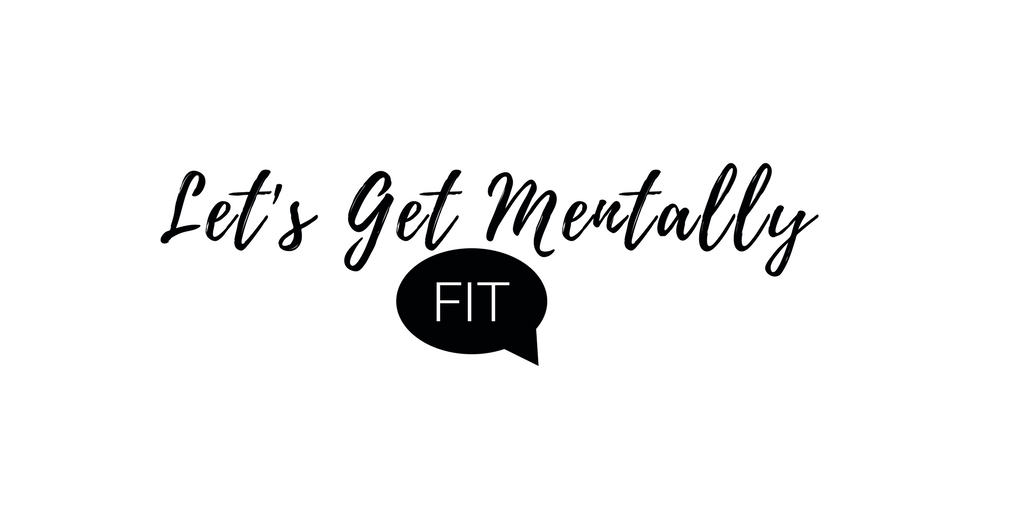 It’s so crazy how humans always focus on the destination instead of the journey. Admittedly, I am guilty of doing this as well. I guess it’s because I’m human :-)
It’s so crazy how humans always focus on the destination instead of the journey. Admittedly, I am guilty of doing this as well. I guess it’s because I’m human :-)
I am a solution-focused, project oriented type of person. This means that if I have an issue or anyone else for that matter, I need to find a solution and it is usually in the form of some type of project. For example, the whole Let’s Get Mentally Fit nonprofit is a project which was a result of my issue with postpartum depression. The 21 Day Selfie Care Challenge is a project which was a result of a few friends’ issues with not intentionally making time to pour into themselves.
Projects can be a great thing, especially when you have a great project manager. A project manager develops a plan of action; helps oversee the execution of that plan, charts the progress during the life of the project and provides an evaluation of the project, including the next steps. This concept is hugely relevant to the idea of mental fitness and what we should be doing to continually move toward or maintain our best selves. Below, I’ve applied the five basic phases of project management to the concept of mental fitness to give you a bit more clarity.
Project Conception and Initiation: This is where the idea of the project begins and it is carefully examined to determine whether or not it benefits the organization. In your case, the project is a mentally fit lifestyle and the organization is you! Here is where you need to carefully examine your life, the idea of mental fitness (consider The Pledge) and whether or not making these changes will benefit you.
Project Definition and Planning: A plan for implementation is usually developed at this point. This would be where you would sit down and develop an actual mental fitness plan for your life based on what you need in order to be your best self.
Project Launch or Execution: This is where resources are compiled, tasks are distributed and teams are formed in order to launch the project. During this phase, you should take inventory of your resources and develop a team (support system) to help you or help support you in carrying out the tasks in your mental fitness plan.
Project Performance and Control: During this phase, project managers will often compare project status and progress to the actual plan. Adjustments may be necessary during this phase of the project. Please note and memorize “project managers will often compare the project status and progress to the actual plan.” In the case of your best self being the project, this means you should only compare yourself to yourself! Project managers understand that every project is different, so you can’t compare projects. You can only chart progress during the life of the project and compare it to the actual plan. While on your journey to your best self, don’t forget to chart your progress. Look back at where you started and be proud of yourself for every step you take to move forward. Be proud of the progress you’ve made; no matter how “small” because every step moves you closer to your goal. The only comparison you should make is where YOU started and where YOU are now. Yes, you might have to make some adjustments along the way, but that doesn’t mean you haven’t made progress. Don’t forget to pat yourself on the back and be proud of that progress.
Project Close: During the last phase, after the tasks are completed and the client has approved the outcome, a project evaluation is conducted to evaluate the project success and/or learn from the history of the project. In your case, it is absolutely necessary to evaluate the success of your mental fitness plan and/or learn from the things that didn’t/don’t necessarily work for you. However, there’s a notable difference during the phase of a mental fitness plan and any other typical project. The journey/project toward your best self should be ongoing. There is no start date and end date. Mental fitness is a lifestyle change. It isn’t something that you can do for a few weeks or months and just stop.
I started off by stating how humans almost innately want to focus on the destination instead of the journey. We don’t want to go through all the steps it takes to get to the destination. We just want to somehow wake up one day and arrive. If you think of your life as a project and consider all the basic project management phases, it will be very difficult to skip steps along the way. You’ll be able to design your life in a way that supports your ability to be your best self. You won’t cheat yourself out of all the victories (big and small) along the way because you’ll be charting your progress. You will be able to enjoy and appreciate the journey instead of rushing to the destination.
Be Well,
Kela
